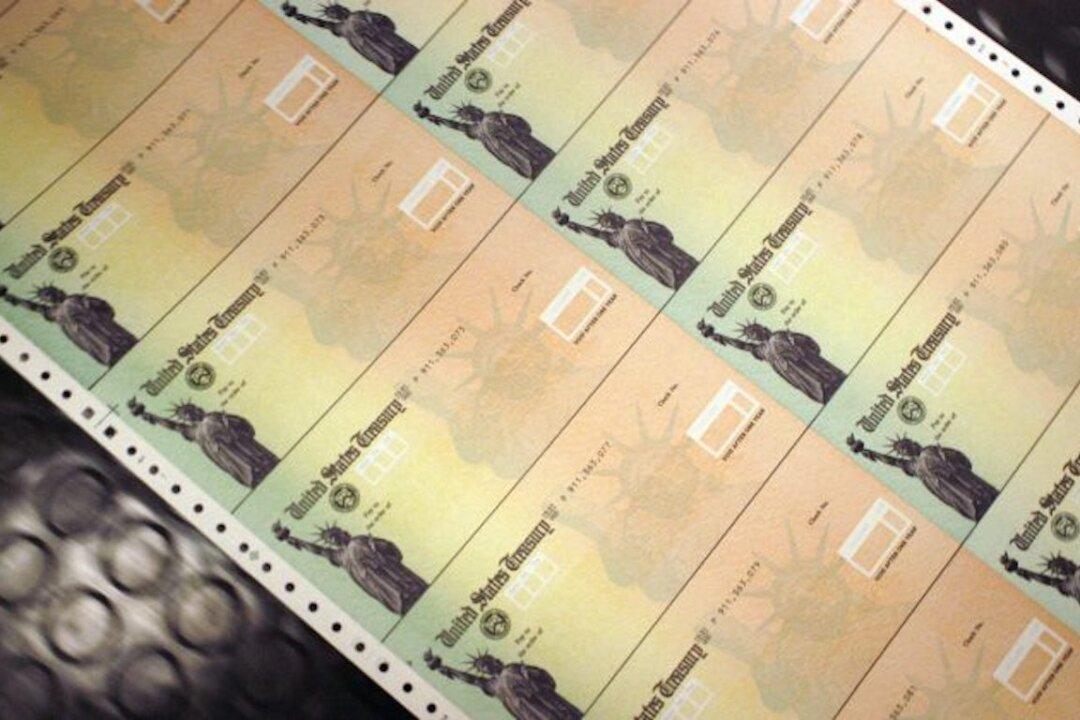Across the United States, people are beginning to receive their cash payments through direct deposits—part of a $2.2 trillion stimulus package passed by Congress to offset the pandemic-triggered economic decline.
The Internal Revenue Service (IRS) “deposited the first Economic Impact Payments into taxpayers’ bank accounts today. We know many people are anxious to get their payments; we’ll continue issuing them as fast as we can,” the agency wrote on April 11. In response, a number of people wrote on Twitter that they had received the payments.





